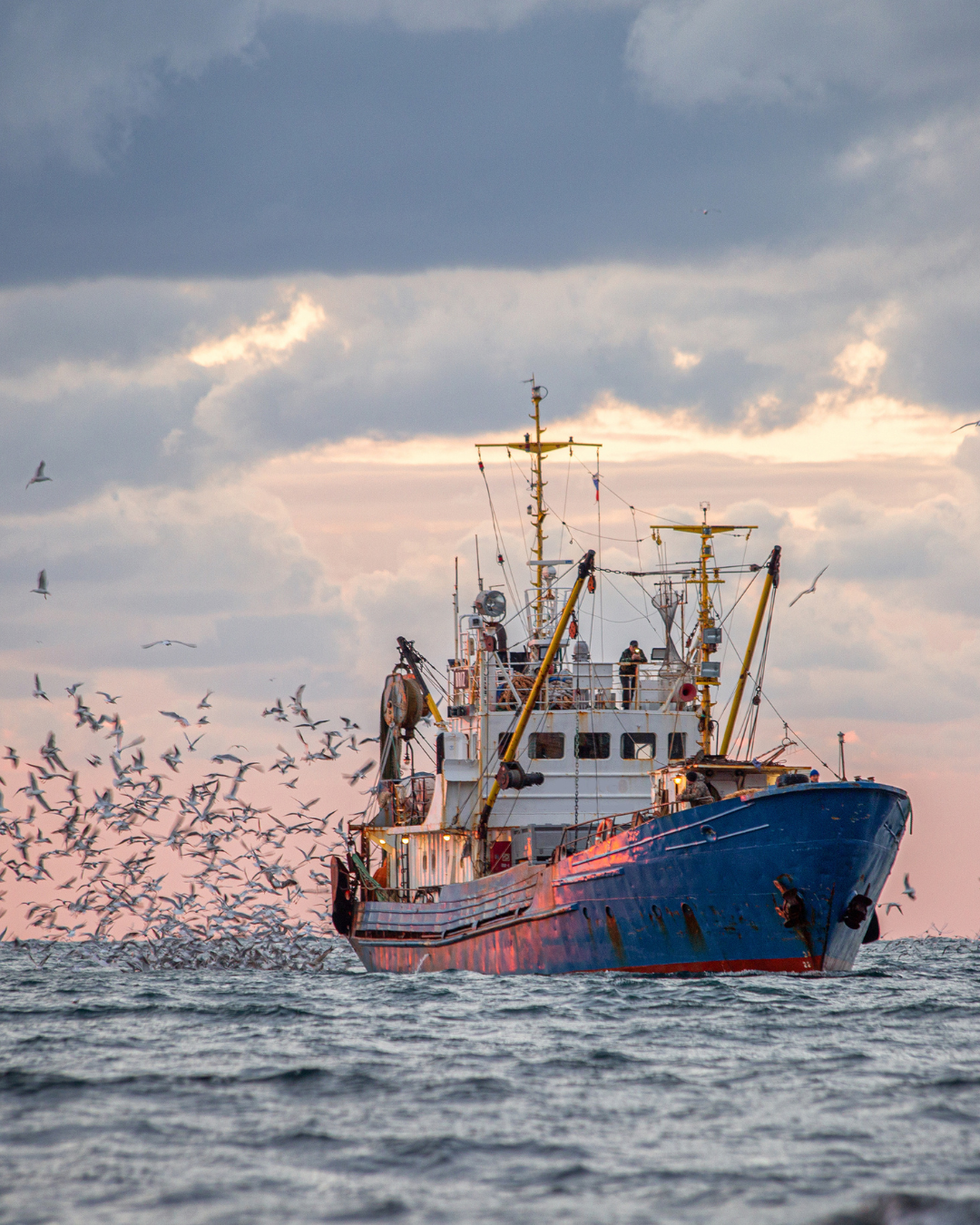Decent Work at Sea
People deserve strong protections whether they work on land or at sea.

What is Decent Work at Sea?
The decent work agenda is about safeguarding fundamental human and labor rights, offering equality of opportunity and treatment to workers, delivering a fair income with security and social protection, including worker voices in workplace decision making, and allowing for the potential of personal development and recognition. Decent work is central to reducing poverty and is a path to achieving equitable, inclusive, and sustainable development, underpinning peace and security in communities and societies.
Sectors like seafood—where workers often take great pride in or have a personal connection to the work—offer ample opportunity to further foster this pride through advancing human and labor protections. If fishers have the safeguards they need, and ocean resources are preserved, decent work and livelihoods in fishing can be protected for future generations
Working at sea is a unique context. Fishers follow highly migratory species for long distances, often across multiple jurisdictions, all while facing the hazardous conditions of the open ocean and limited access to port resources. Many fishing vessels operate on the high seas, beyond national jurisdictions and with little oversight. This can create barriers to decent work and allow illicit conditions, such as those outlined below, to occur with impunity.
- Forced labor, hazardous child labor, abuse, and discrimination against workers.
- Worthless or non-existant employment contracts, fake certificates, and worker blacklisting.
- Low pay and systematic cheating—by vessel owners and their agents—of the fishers’ wages.
- Inconsistent flag and port state implementation and enforcement of regulations or protections against abuse.
- Fatigue associated with long or unpredictable hours.
- Isolation on vessels for lengthy periods of time without the ability to go to port or contact family, worker representatives, authorities.
- Unsafe or unsanitary practices, dangerous work environments, and substandard vessels.
- Inadequate food and unsanitary and precarious living conditions.
- Insufficient ability to connect with human rights or civil society organizations and legal authorities as needed.
- Inadequate collective bargaining activities, freedom of association, and worker representation.
Four Pillars of Fishing Vessel Safety
Inter-governmental agencies have identified key elements that support safe, decent work in fishing. To improve decent work for fishers, the ILO advocates implementing the Work in Fishing Convention (ILO C188). To strengthen global requirements for vessel oversight, especially related to improving fisher safety, the ILO, International Maritime Organization (IMO), and Food and Agriculture Organization (FAO) have identified four global agreements and conventions. These “four pillars” are intended to work together as the backbone for reducing illegal activity, increasing environmental protections, and promoting fisher safety and welfare on the international stage. To support increased safety and transparency, all four agreements should reach global ratification.
The four pillars:
- ILO Work in Fishing Convention No. 188 (Work in Fishing Convention or ILO 188):
Sets the basic standards of decent work in the fishing industry and provides adequate protection for all of the people who work in this sector. - FAO Agreement on Port State Measures to Prevent, Deter, and Eliminate Illegal, Unreported, and Unregulated Fishing (Port State Measures Agreement or PSMA):
Prevents, deters, and eliminates IUU fishing by preventing vessels engaged in IUU fishing from using ports and landing their catches. - IMO Cape Town Agreement:
Outlines fishing vessel standards and other regulations designed to protect the safety of crews and observers. - IMO Convention on Standards of Training, Certification, and Watchkeeping for Fishing Vessel Personnel (STCW-F):
Sets certification and minimum training requirements for crews of seagoing fishing vessels to promote the safety of life at sea and the protection of the marine environment.
Learn more about the four pillars for fishing vessel safety.
In addition to regulatory frameworks, the private sector has a significant role in improving vessel safety standards and working conditions. Achieving decent work at sea requires commitment and coordination among stakeholders to overcome challenges and collaborate on crucial issues. After all, sustainability is not complete without decent working conditions, as summarized in the UN Sustainable Development Goal No. 8 Decent Work and Economic Growth.
Why Decent Work at Sea Matters
Decent work means dignity, equality, fair income, and safe working conditions. However, at-sea workers face particular challenges to achieving these conditions and therefore require increased protections. Sixty million workers engage in fishing or seafood operations globally, with over 15 million working full-time onboard fishing vessels. Fishing, particularly distant water fishing, is one of the most challenging and dangerous occupations in the world. Fishers deal with long hours, dangerous weather, slick surfaces, tight quarters, heavy machinery, and limited access to medical facilities and emergency support. Unfortunately, there are significant gaps in protections for fishery workers. At the regulatory level, many maritime safety standards that protect other workers at sea—such as the International Convention for the Safety of Life at Sea—exclude fishing vessels, further contributing to the vulnerability of fishers at sea. At the fishery level, some workers encountering dangerous conditions may be fishing for feed that is used to produce aquaculture or animal products. Traceability to the feed is difficult even for companies that are informed of the challenge. Many companies remain unaware of the human rights risks, including forced overtime, low wages, threats, intimidation, and physical violence, among others, associated with ‘trash fish’ used for feed.
Important considerations and challenges to achieving decent work at sea include the following:
- Vessel conditions and safety at sea, including vessel characteristics (e.g., age, condition, maintenance), crew safety and training, and fishery regulations.
- Recruitment and fair employment, because identifying relevant national laws is challenging if different countries represent vessel flag, vessel ownership, fishing region, port of departure, and port of return.
- Grievance, worker engagement, and remediation for work at sea.
- Established work hours and time of day, as fishing conditions may be unpredictable and operations are labor intensive.
- Repatriation, especially for workers on vessels fishing internationally.
- Data collection and verification for opaque and complex at-sea supply chains.
